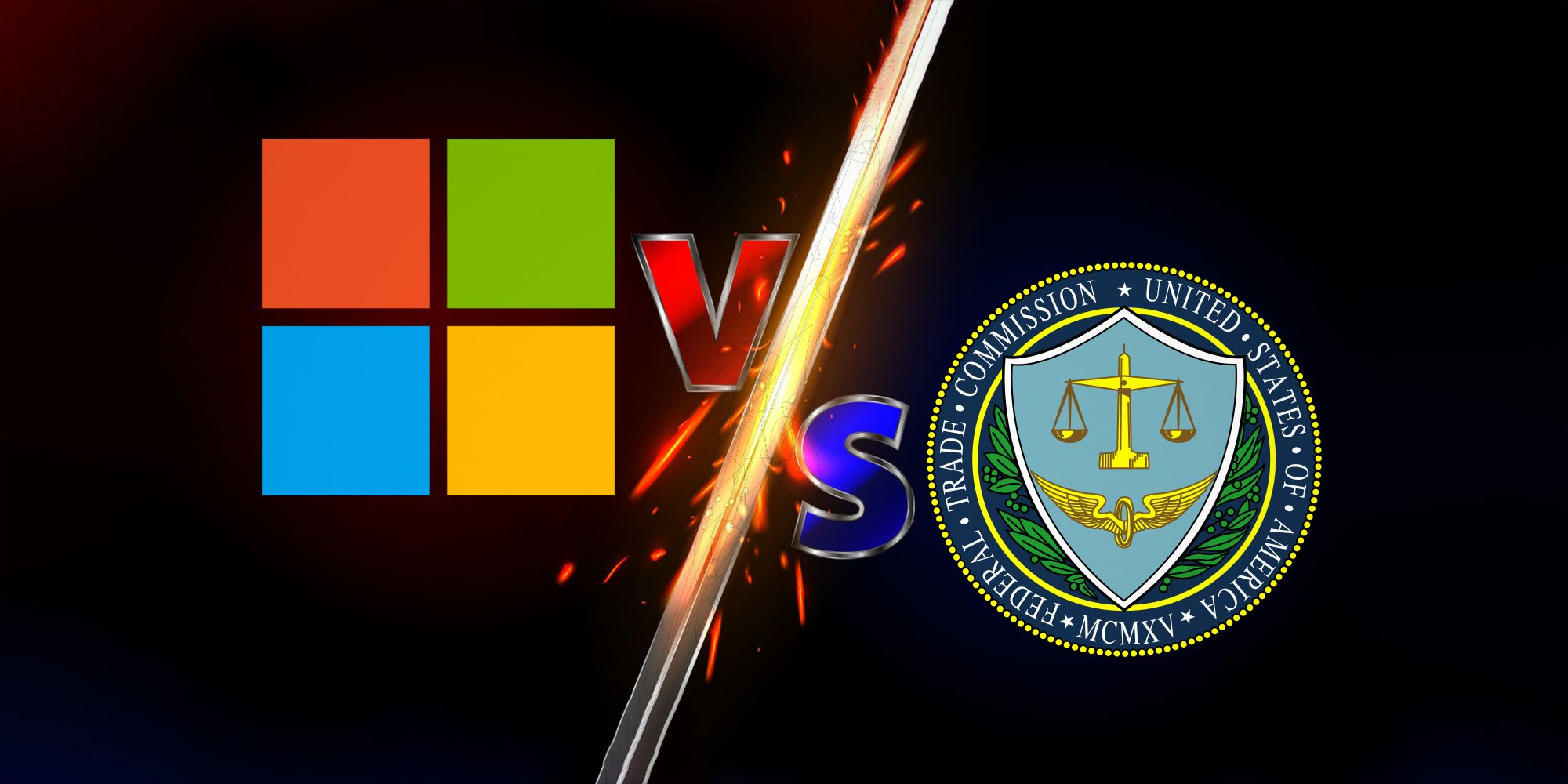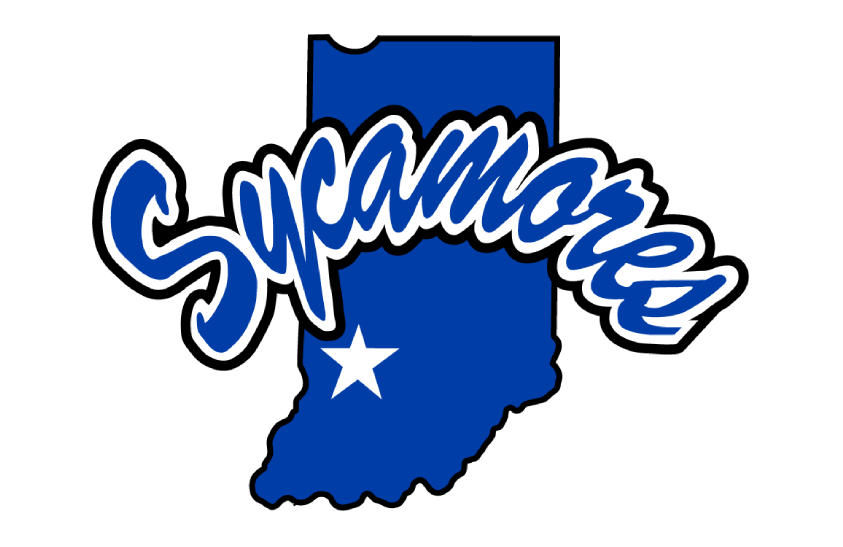Activision Blizzard Acquisition: FTC's Appeal Against Microsoft

Table of Contents
The FTC's Concerns Regarding Competition
The FTC's core argument centers on the potential for the Activision Blizzard acquisition to stifle competition within the gaming market. They fear this merger will lead to higher prices, reduced innovation, and ultimately, a less enjoyable experience for gamers. This concern is fueled by several key factors:
- Antitrust implications: The FTC argues that Microsoft's acquisition grants them excessive market dominance, leading to an unfair competitive advantage.
- Call of Duty exclusivity: A major concern revolves around Call of Duty, a hugely popular franchise. The FTC worries Microsoft might make it exclusive to Xbox, significantly harming competitors like PlayStation. This would severely reduce consumer choice and could potentially push players towards the Xbox ecosystem.
- Specific concerns detailed by the FTC:
- Reduced consumer choice: Gamers could lose access to a wide range of games if Microsoft restricts titles to its own platforms.
- Increased prices: Less competition could lead to higher prices for games, consoles, and gaming subscriptions.
- Suppression of innovation: Smaller game developers could find it harder to compete with a giant like Microsoft controlling Activision Blizzard's resources and titles.
The FTC initially proposed remedies to address these concerns before the initial ruling, but these were ultimately deemed insufficient.
Microsoft's Defense of the Activision Blizzard Acquisition
Microsoft vehemently defends the acquisition, arguing it will benefit consumers through increased game availability and advancements in cloud gaming technology. Their key arguments include:
- Enhanced gaming experiences: Microsoft claims the merger will lead to more games being available across multiple platforms, including PC, Xbox, and potentially even competing consoles like PlayStation.
- Cloud gaming advancements: They emphasize investments in cloud gaming infrastructure, arguing this will benefit all gamers regardless of the platform they use.
- Robust competition: Microsoft maintains that even with the acquisition, competition in the gaming market will remain strong. They point to the existence of other major players in the industry.
Microsoft has also presented proposed agreements to maintain Call of Duty's availability on other platforms, aiming to alleviate the FTC's concerns. However, the FTC remains unconvinced that these agreements are sufficient to prevent anti-competitive behavior.
The Role of Call of Duty in the Dispute
The immense popularity of Call of Duty makes it the focal point of this legal battle. Its strategic importance is undeniable for both Microsoft and its competitors:
- Market power: Call of Duty's massive player base gives it significant market power. Controlling this franchise provides a significant competitive advantage.
- Gaming landscape impact: Making Call of Duty exclusive would reshape the gaming landscape significantly, potentially tilting the balance of power in favor of Xbox.
- Competitive advantage: For Microsoft, exclusive access to Call of Duty could lure players to their ecosystem, while for competitors like Sony, losing access would be a severe blow.
Potential Outcomes and Implications of the Appeal
The FTC's appeal presents several potential outcomes, each with far-reaching consequences:
-
Blocking the acquisition: A court order could block the merger entirely, forcing Microsoft to abandon its acquisition of Activision Blizzard.
-
Modified agreement: The court could mandate modifications to the deal, potentially requiring Microsoft to make concessions regarding Call of Duty or other titles to mitigate antitrust concerns.
-
Setting precedents: The outcome will significantly impact future mergers and acquisitions in the tech industry, setting crucial precedents for antitrust law. It will influence how regulators approach similar deals in the gaming and broader tech sectors.
-
Scenarios and their consequences:
- Blocked merger: This would significantly impact Microsoft's gaming strategy and potentially slow the growth of the Xbox ecosystem.
- Modified merger: This would likely involve concessions from Microsoft, potentially regarding the availability of Call of Duty on competing platforms.
- Unchanged merger: This outcome would likely increase concerns about market dominance and potentially lead to tighter regulations on future mergers in the gaming industry.
Conclusion
The FTC's appeal against Microsoft's Activision Blizzard acquisition is a pivotal moment for the gaming industry and antitrust law. The outcome will profoundly affect competition, consumer choice, and future mergers in the tech sector. The focus on Call of Duty exclusivity highlights the power dynamics and the importance of regulatory oversight in this increasingly concentrated market.
Call to Action: Stay informed about this ongoing legal battle. Understanding its implications is crucial for anyone interested in the future of the gaming industry and antitrust regulations. Follow this case closely to see how the FTC's appeal against Microsoft's Activision Blizzard acquisition shapes the future of gaming.

Featured Posts
-
 Tennessee Volunteers Dominate Indiana State Sycamores 12 1 Victory
May 11, 2025
Tennessee Volunteers Dominate Indiana State Sycamores 12 1 Victory
May 11, 2025 -
 Mc Ilroy Lowry Team Six Strokes Off The Pace In Zurich Classic
May 11, 2025
Mc Ilroy Lowry Team Six Strokes Off The Pace In Zurich Classic
May 11, 2025 -
 Stallone And Coming Home A Missed Oscar Opportunity
May 11, 2025
Stallone And Coming Home A Missed Oscar Opportunity
May 11, 2025 -
 Chantal Ladesou Son Havre De Paix Hors De Paris
May 11, 2025
Chantal Ladesou Son Havre De Paix Hors De Paris
May 11, 2025 -
 Weekend Ufc 315 Betting Mm Amania Coms Expert Odds And Predictions
May 11, 2025
Weekend Ufc 315 Betting Mm Amania Coms Expert Odds And Predictions
May 11, 2025
